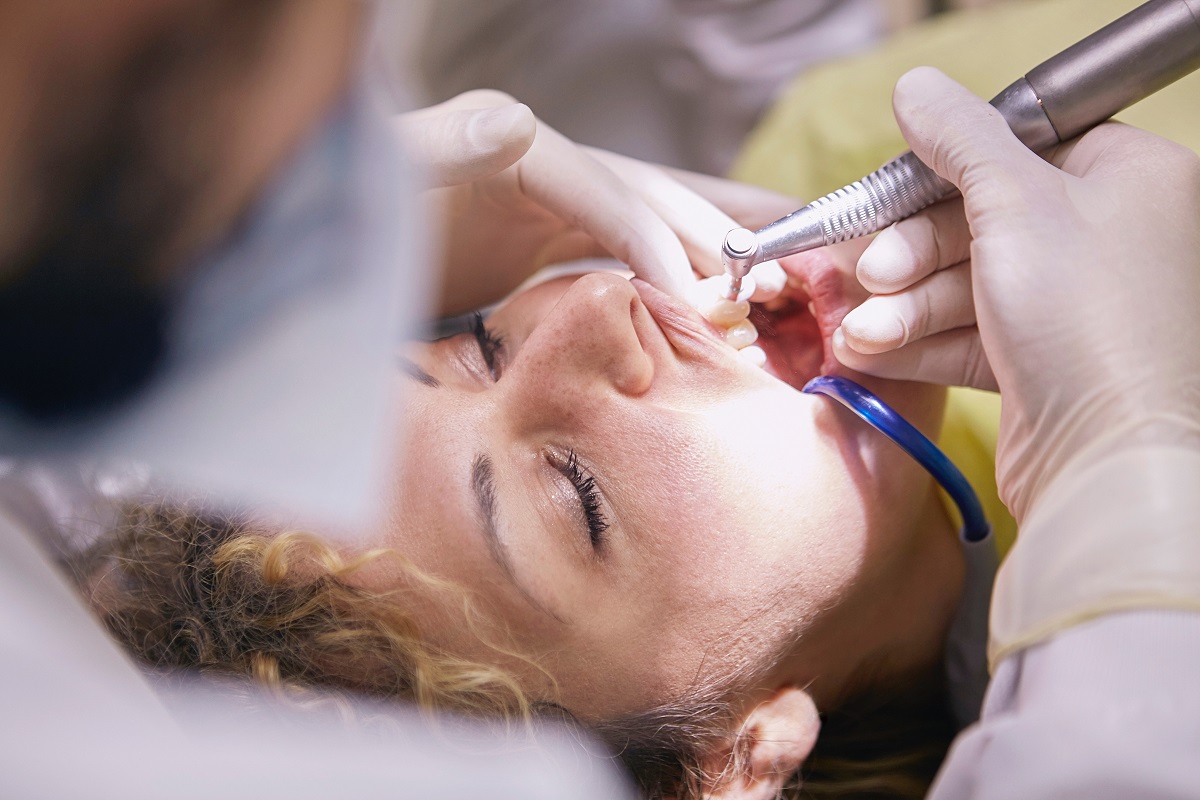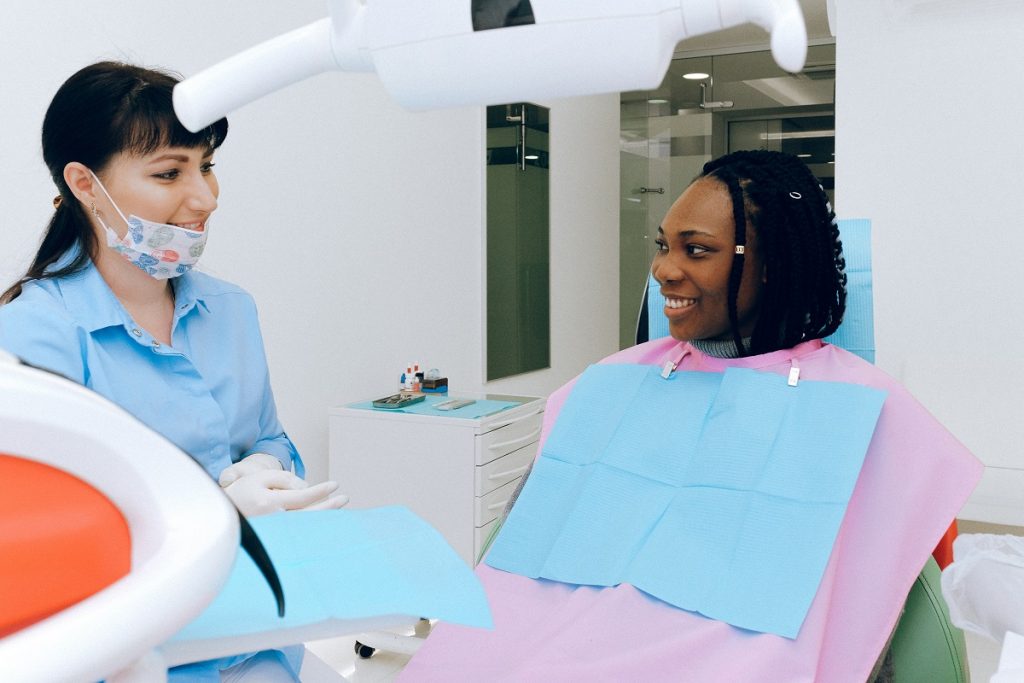Many patients may feel nervous about an appointment at their dentist Harley Street. They may feel as if they are alone in this, however dental anxiety is in fact extremely common within the practice of dentistry, and can be experienced by patients of all ages. If a patient is feeling nervous about their biannual check-up, recommended by dental healthcare professionals to be every six months, they should speak to their local clinic to arrange a pre-treatment discussion.
How to resolve patient anxiety
Many individuals may experience a large amount of unwelcomed anxiety when visiting their local clinic (one in six patients actually experience dental fears), however their nerves could be reduced. Patients may feel as if their only option is to miss their scheduled appointment, however with modern dentistry there are now many ways to help worried patients.
What’s the problem?
A missed dental appointment can be often overlooked, however dental appointments could be considered as vital in maintaining a healthy smile. Missing a dental appointment can have a detrimental effect on a patient’s health, as dental check-ups work to maintain the health of the patient’s teeth, by preventing the development of oral diseases, and infections such as gum disease. With this in mind, patients may look to several ways to reduce their worries.

Time to talk it out
Many individuals may be reluctant to resort to medication, which is where therapy or pre-treatment discussions may be more suitable. Patients who are feeling concerned can discuss their chosen dental treatment with their local clinic, they may also partake in a pre- treatment tour to make them feel more comfortable. Aside from familiarising themselves with the chosen dental location, therapy may also help patients with a dental fear.
How could therapy help?
Cognitive behaviour therapy is a form of discussion therapy that works on resolving particular fears (phobias) that may be experienced by individuals. Cognitive behaviour therapy (also referred to as CBT) also works on resolving obsessive compulsive disorder, depression, and not just phobias such as dental anxiety.
An alternative approach
Aside from therapy and pre-treatment discussions, many patients may lean more towards dental medications and treatments. For example, many dental clinics within the modern field of dentistry may now offer dental procedures under sedation.
What is sedation?
Relative analgesia (also referred to as RA sedation) could be argued as one of the more common forms of sedation available within the field of dentistry and works through ‘inhalation’.
How it works
Inhalation sedation involves the use of a combination of nitrous oxide and oxygen, this allows patients to relax completely throughout their chosen dental treatment.
Why choose RA sedation?
RA sedation is quick and simple to administer, patients remain conscious throughout the treatment process, which can be hugely beneficial for many. Despite being conscious patients will experience a minimal level of dental pain or discomfort, this particular form of sedation may also be particularly convenient for busy patients, as they are able to drive home after their dental treatment!

